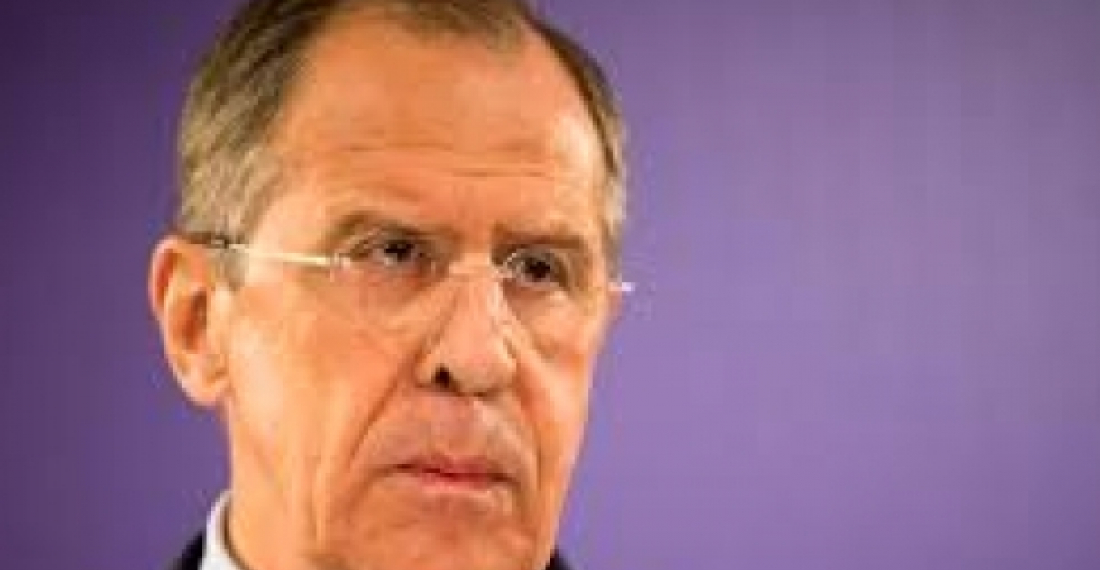Russia's foreign minister Sergei Lavrov said on Tuesday that a peace deal on Nagorno-Karabakh may be close, in a meeting with top Azerbaijani officials in Baku.
"We have grounds to think that we are now moving much closer to success than ever before," Lavrov told reporters on Tuesday, according to TASS news agency.
However, no details of a potential agreement have been unveiled. "For obvious reasons, we are not publicly disclosing details of those ideas that were discussed at the [meeting between presidents Putin, Sargsyan and Aliyev last month]," he said.
"The leaders of the three countries agreed after the meeting on June 20 that they will carefully treat those sprouts of hope that are appearing. Not because we are hiding something, it is just an ethical norm at negotiations."
SOURCE: TASS.ru
PHOTO: Sergei Lavrov






